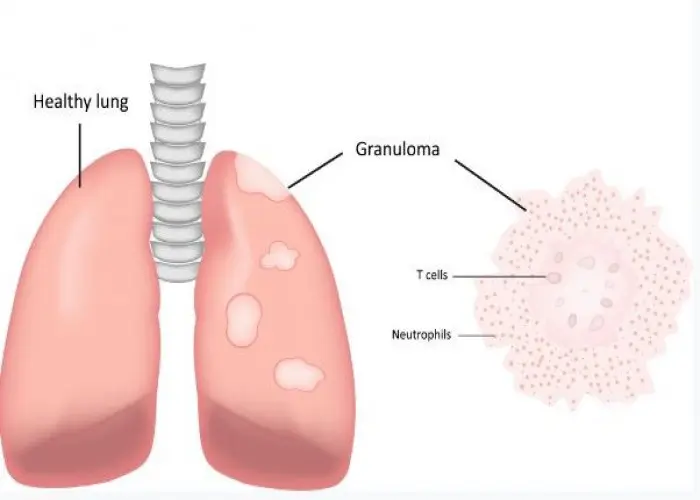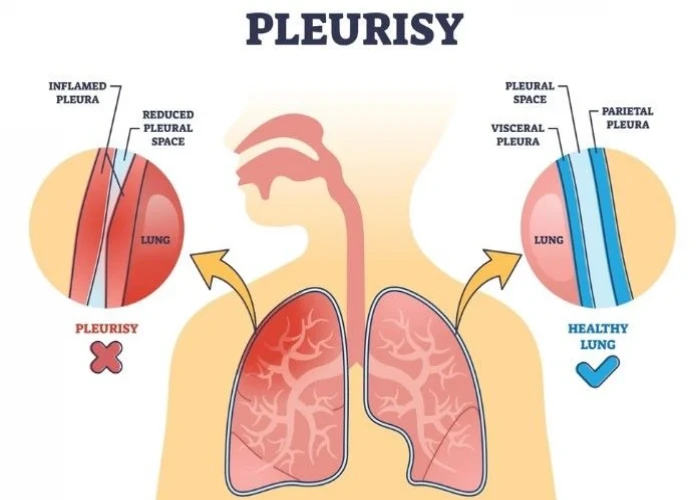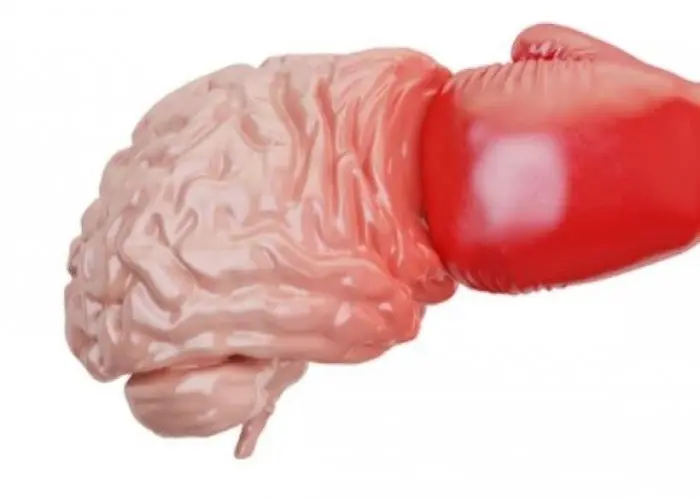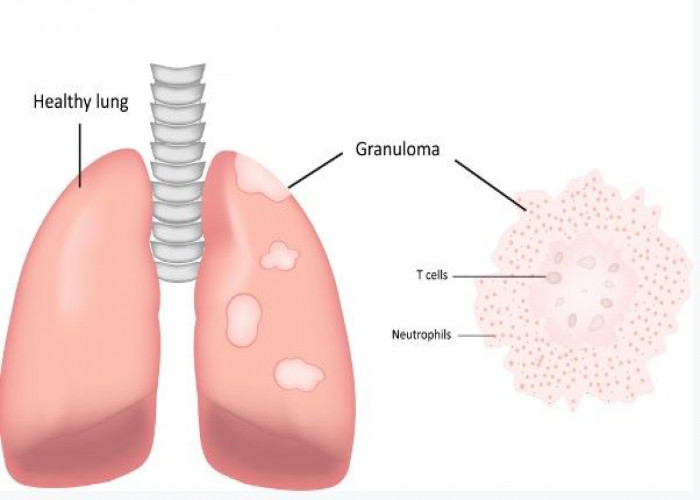 Welcome
Welcome
“May all be happy, may all be healed, may all be at peace and may no one ever suffer."
Granulomatosis with polyangiitis

Granulomatosis with polyangiitis (GPA), also known as Wegener's granulomatosis, is a rare autoimmune disorder that causes inflammation of blood vessels in various parts of the body. The inflammation can lead to damage in organs such as the lungs, kidneys, and skin.
The cause of GPA is not known, but it is thought to be related to a malfunction of the immune system, which causes the body to attack its own tissues. The condition is more common in middle-aged adults and is slightly more common in men than women.
Symptoms of GPA can include fatigue, fever, weight loss, joint pain, and skin rashes. As the condition progresses, it can lead to more serious symptoms, such as coughing up blood, kidney failure, and nerve damage.
Diagnosis of GPA typically involves a combination of blood tests, imaging studies, and tissue biopsies. Treatment typically involves medications to suppress the immune system, such as corticosteroids, immunosuppressants, or biological agents. In some cases, plasmapheresis, a procedure to remove and replace blood plasma, may be recommended to help reduce inflammation.
While there is no cure for GPA, early diagnosis and treatment can help manage symptoms and prevent serious complications. It is important to work closely with a healthcare professional to develop a treatment plan and monitor the condition over time.
Research Papers
Disease Signs and Symptoms
- Nose bleeding
- Blurred vision of eye
- Eye redness
- Skin sores, bruising or rashes
- Blood in urine (hematuria)
- Weight loss
- Numbness
- Joint pain
- Fatigue (Tiredness)
- Fever
- Shortness of breath (dyspnea)
- Cough
- Hearing problems or deafness
Disease Causes
Granulomatosis with polyangiitis
The cause of granulomatosis with polyangiitis isn't known. It's not contagious, and there's no evidence that it's inherited.
The condition can lead to inflamed, narrowed blood vessels and harmful inflammatory tissue masses (granulomas). Granulomas can destroy normal tissue, and narrowed blood vessels reduce the amount of blood and oxygen that reaches your body's tissues and organs.
Disease Prevents
Disease Treatments
With early diagnosis and appropriate treatment, you might recover from granulomatosis with polyangiitis within a few months. Treatment might involve taking prescription drugs long term to prevent relapse. Even if you're able to stop treatment, you'll need to regularly see your doctor — and possibly several doctors, depending on which organs are affected — to monitor your condition.
Medications
Corticosteroids such as prednisone help suppress the immune system and reduce inflammation of the blood vessels. Common side effects include weight gain, risk of infection and osteoporosis.
Other drugs that suppress your immune system include cyclophosphamide, azathioprine (Azasan, Imuran), mycophenolate (CellCept) and methotrexate (Trexall). Rituximab (Rituxan) is another option for treating granulomatosis with polyangiitis. It's given by injection, and often is combined with corticosteroids.
Once your condition is controlled, you might remain on some drugs long term to prevent relapse. These include rituximab, methotrexate, azathioprine and mycophenolate.
Side effects of immune-suppressing drugs include increased risk of infection. Cyclophosphamide can cause nausea, diarrhea and hair loss. Your doctor may prescribe other drugs to help prevent side effects from prescribed treatments.
Plasma exchange
Also known as plasmapheresis, this treatment removes the liquid portion of your blood (plasma) that contains disease-producing substances. You receive fresh plasma or a protein made by the liver (albumin), which allows your body to produce new plasma. In people who have very serious granulomatosis with polyangiitis, plasmapheresis can help the kidneys recover.
Disease Diagnoses
Disease Allopathic Generics
Disease Ayurvedic Generics
Disease Homeopathic Generics
Disease yoga
Granulomatosis with polyangiitis and Learn More about Diseases

Pleurisy

Schizoaffective disorder

Systemic mastocytosis

Angiosarcoma

Ulnar wrist pain

Sprains

Chronic traumatic encephalopathy

Toxoplasmosis
granulomatosis with polyangiitis, পলিয়াঞ্জাইটিসের সাথে গ্রানুলোমাটোসিস
To be happy, beautiful, healthy, wealthy, hale and long-lived stay with DM3S.
